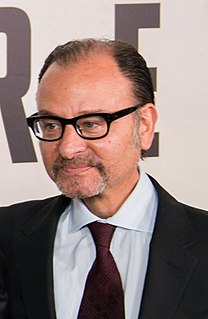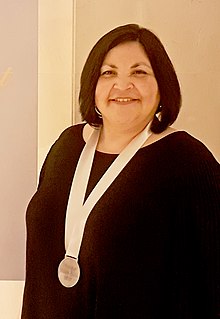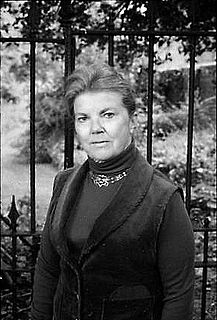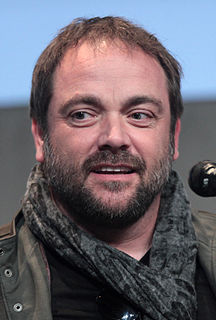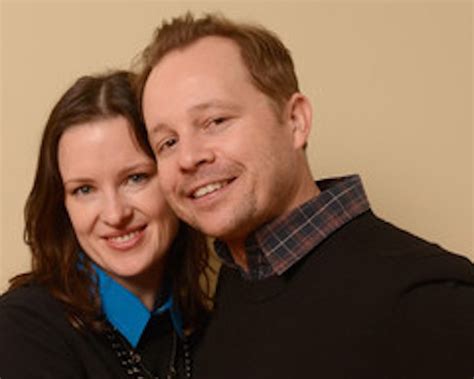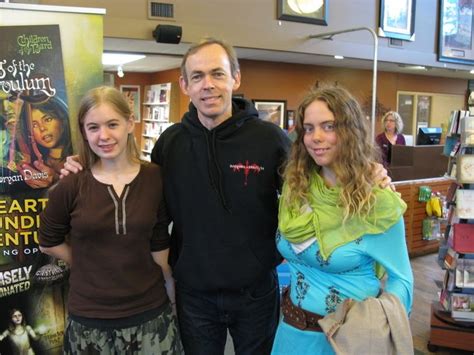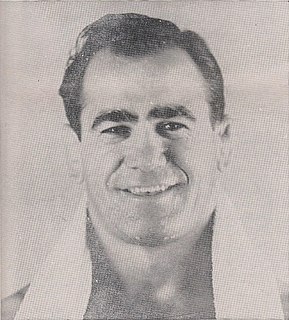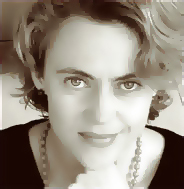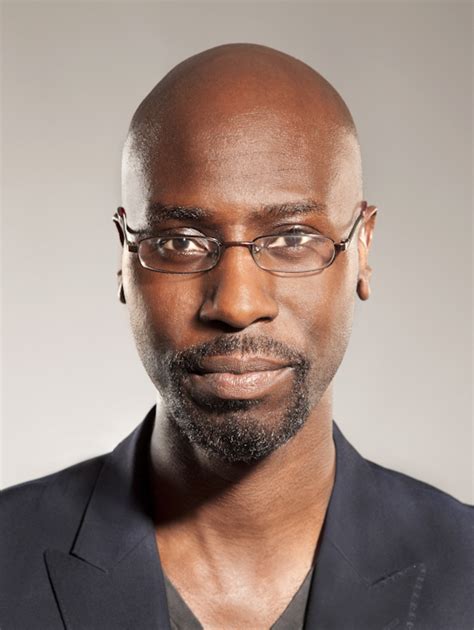Top 1200 Fantasy Stories Quotes & Sayings
Explore popular Fantasy Stories quotes.
Last updated on November 8, 2024.
If you are going to write, say, fantasy - stop reading fantasy. You've already read too much. Read other things; read westerns, read history, read anything that seems interesting, because if you only read fantasy and then you start to write fantasy, all you're going to do is recycle the same old stuff and move it around a bit.
Stories ought not to be just little bits of fantasy that are used to wile away an idle hour; from the beginning of the human race stories have been used - by priests, by bards, by medicine men - as magic instruments of healing, of teaching, as a means of helping people come to terms with the fact that they continually have to face insoluble problems and unbearable realities.
If you go all the way back, I've always written science-fiction, I've always written fantasy, I've always written horror stories and monster stories, right from the beginning of my career. I've always moved back and forth between the genres. I don't really recognise that there's a significant difference between them in some senses.
I really wish that peoplewould just say, 'Yes, it's a comic. Yes, this is fantasy. Yes, this is Science Fiction,' and defend the genre instead of saying, 'Horror is a bit passe so this is Dark Fantasy,' and that' s playing someone else's game. So that's why I say I'm a fantasy writer and to hell with 'It doesn't read like what I think of as a fantasy'. In that case what you think of as a fantasy is not a fantasy. Or there is more to it than you think.
While many alternate reality stories ask, 'What might have been?' parallel universe stories literalize the war between good and evil that plays inside each of us every day. It's what makes this type of story so perfect for many fantasy tales: we're all just a coin flip away from being entirely different people.
I'm interested in the parallel narrative of our fantasy lives. How the moment of 'now' that is palpably real, is surrounded by our memories, our dreams and hopes, the stories and connections that our brains make as we navigate a universe of fantasy, or unreality, or surreality. I'm keen to explore this very human experience, how our minds create our own realities, a blend of fact and interpretation of fact.
I'm a fantasy writer, called a fantasy writer. But there's very little, apart from one or two basic concepts in 'I Shall Wear Midnight,' which are in fact fantasy. You have sticks that fly, but they're practical broomsticks, with a bloody great strap that you can hold on to so you don't fall off. And you try not to use them too often.
Lyra learns to her great cost that fantasy isn’t enough. She has been lying all her life, telling stories to people, making up fantasies, and suddenly she comes to a point where that’s not enough. All she can do is tell the truth. She tells the truth about her childhood, about the experiences she had in Oxford, and that is what saves her. True experience, not fantasy - reality, not lies - is what saves us in the end.
When we come back to fantasy, I think we're actually coming back to the real bedrock of storytelling. Our national or international genre really is fantasy, if you think about the worldwide myths and legends and stories that we all know, whether we're talking about Little Red Riding Hood or the Arabian Nights or Noah's Ark or Hercules. These are stories that cross many cultures in much the same way that dragons cross many cultures.
Fantasy stories open our eyes to an unseen world and train our minds to see beyond the visible. In the New Testament context, this is where our real battles are fought. Good fantasy will reveal the hidden powers of evil that threaten the hero's life and upset his journey. Good fantasy focuses on how a hero finds victory when he learns that he can't win by himself, so he submits to the higher power in faith and obedience.
Nobody wants to see the truth. Everybody wants to have the fantasy. When I look back at the books I was reading in my childhood were selling some sort of fantasy as well. Most stories are not going to tell the deep suffering of every day. No book prepared me for the suffering I would experience in life because the word "suffering" does not even describe what the suffering is. No story is going to tell you that, and no words can tell you that.
In fantasy stories we learn to understand the differences of others, we learn compassion for those things we cannot fathom, we learn the importance of keeping our sense of wonder. The strange worlds that exist in the pages of fantastic literature teach us a tolerance of other people and places and engender an openness toward new experience. Fantasy puts the world into perspective in a way that 'realistic' literature rarely does. It is not so much an escape from the here-and-now as an expansion of each reader's horizons.



